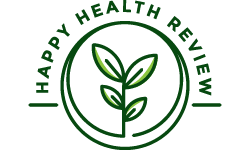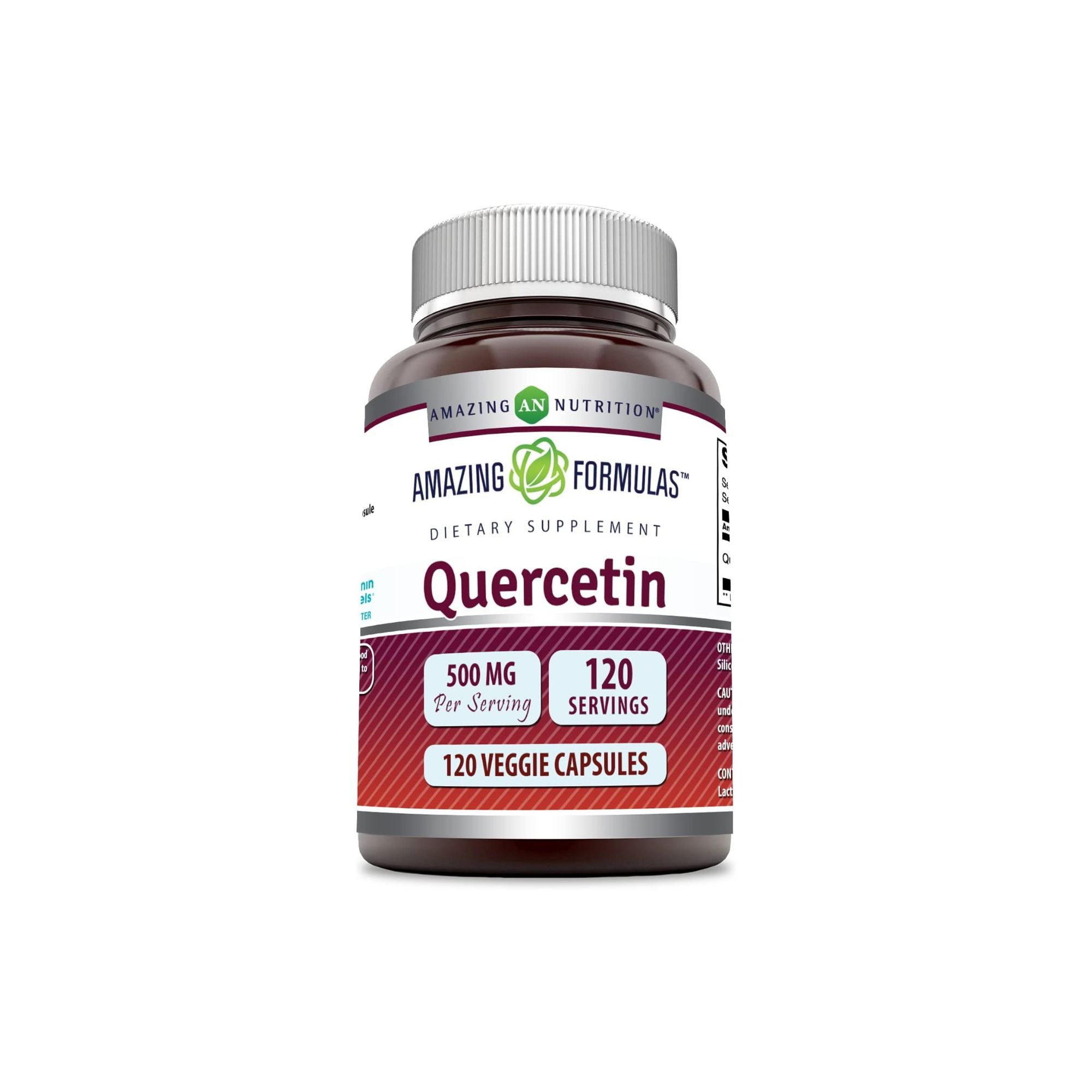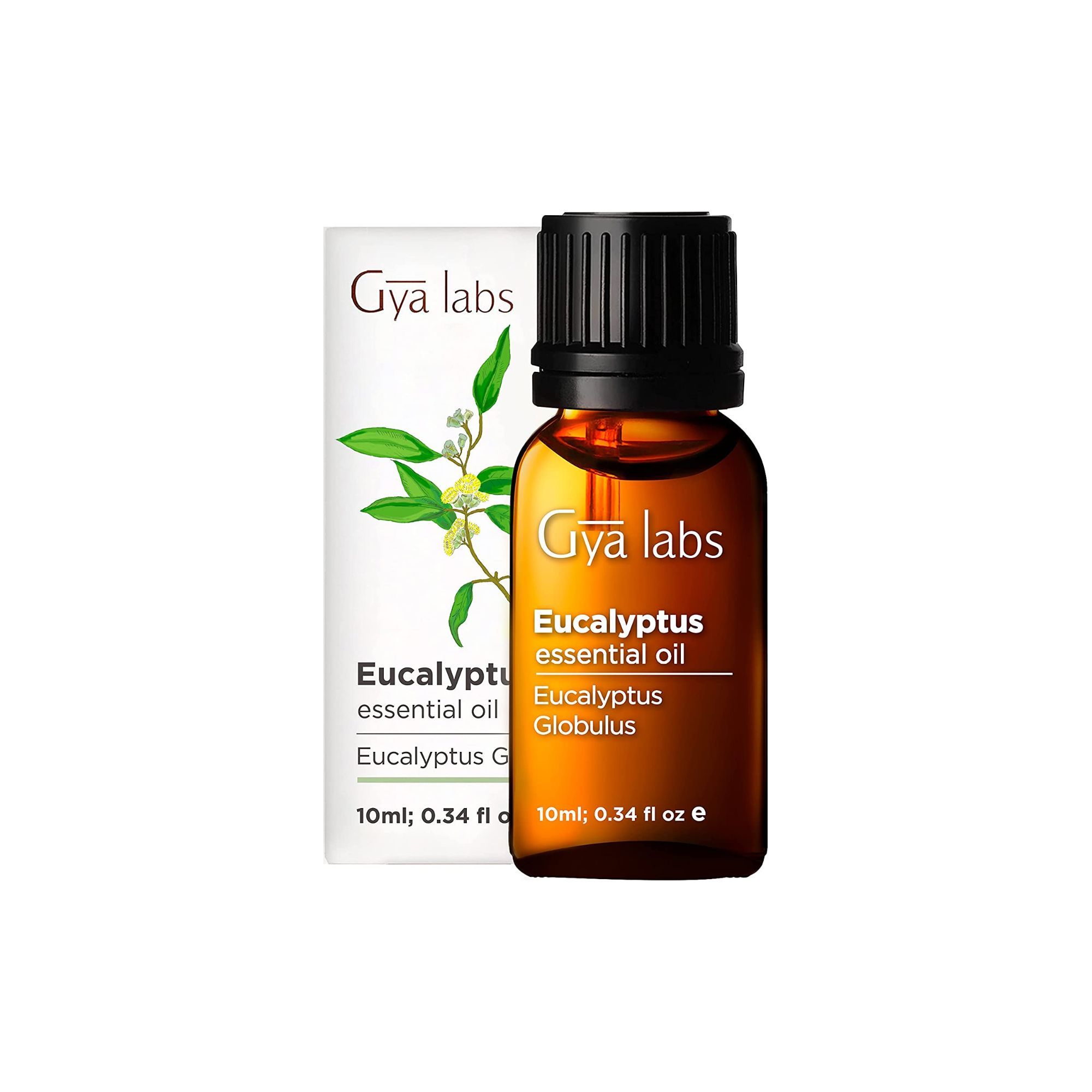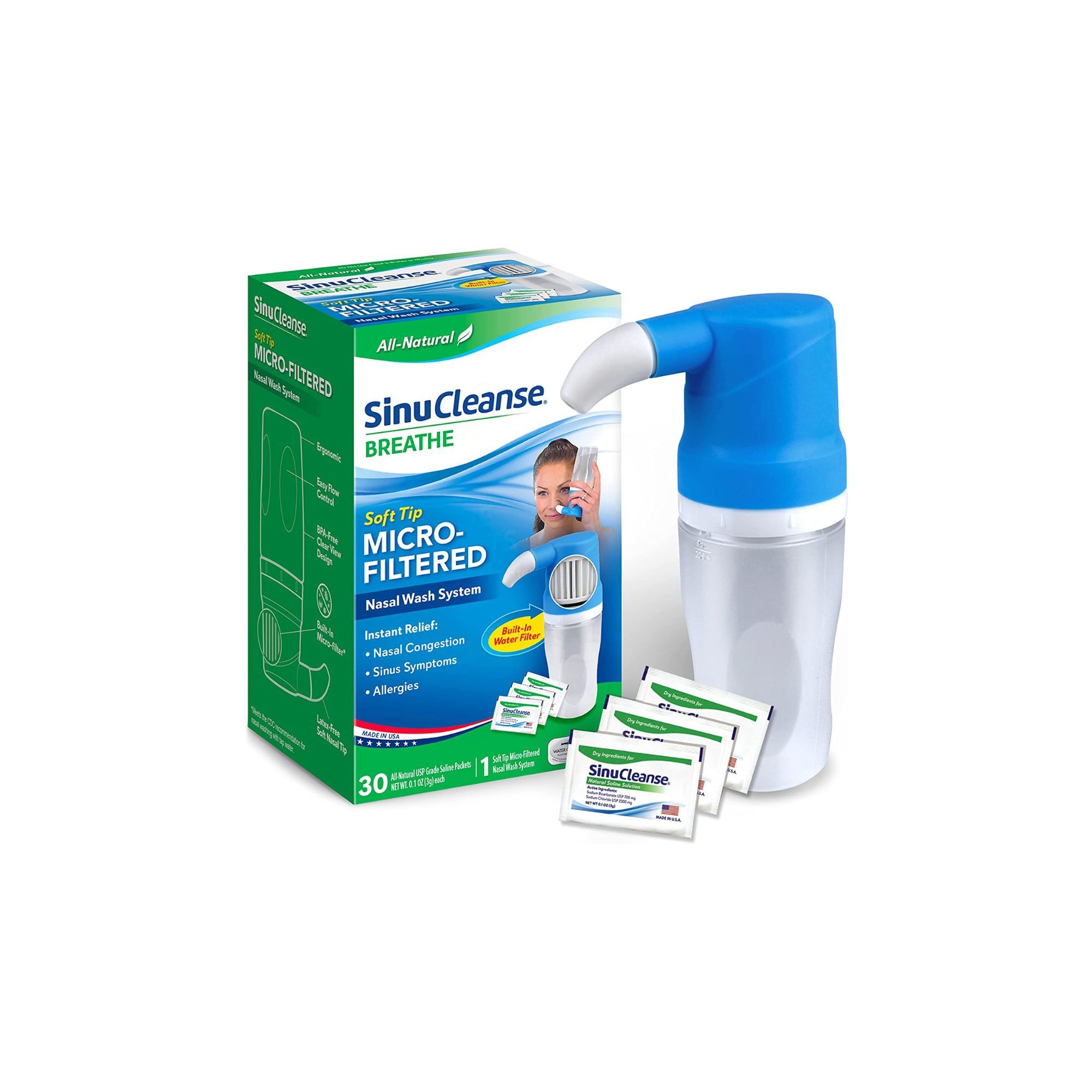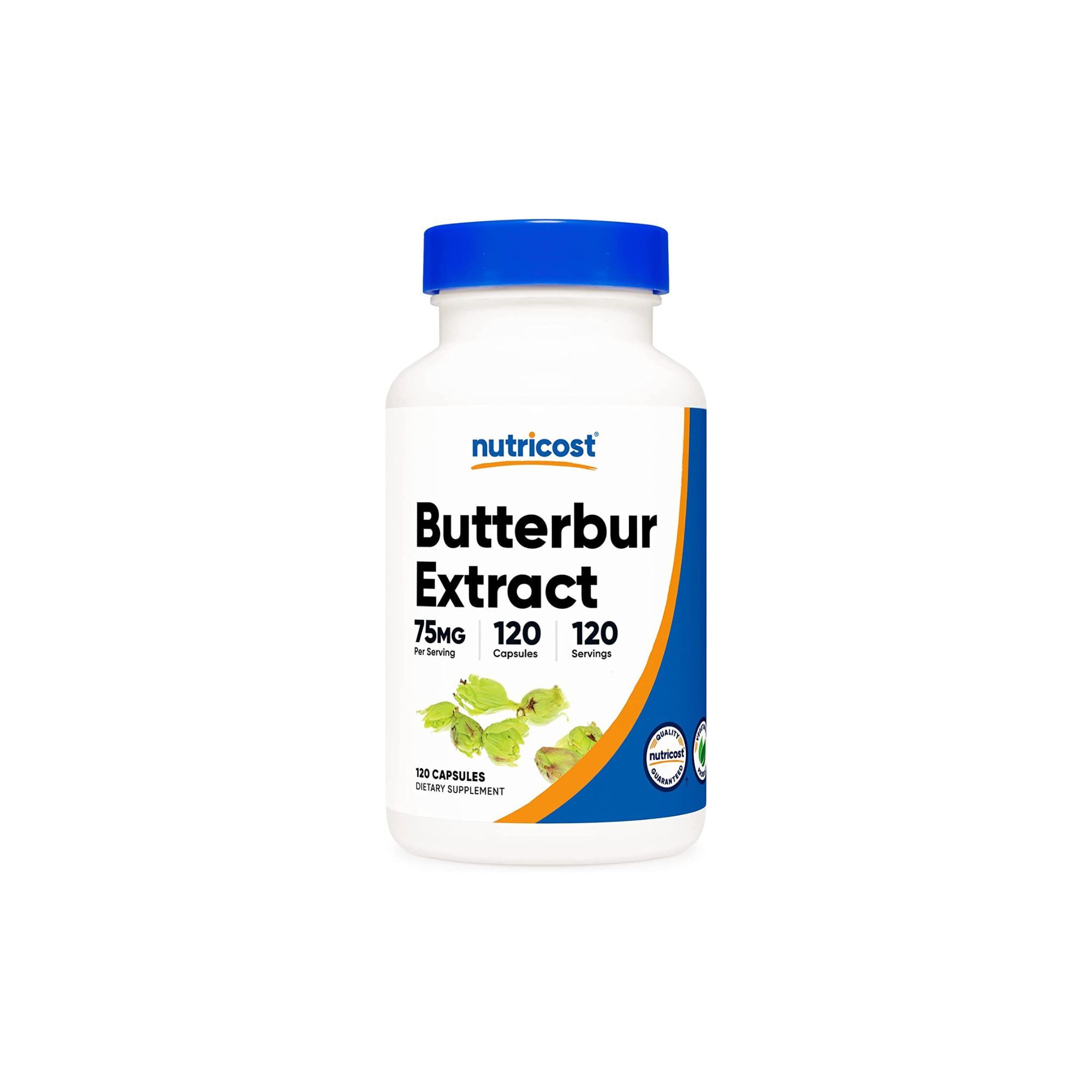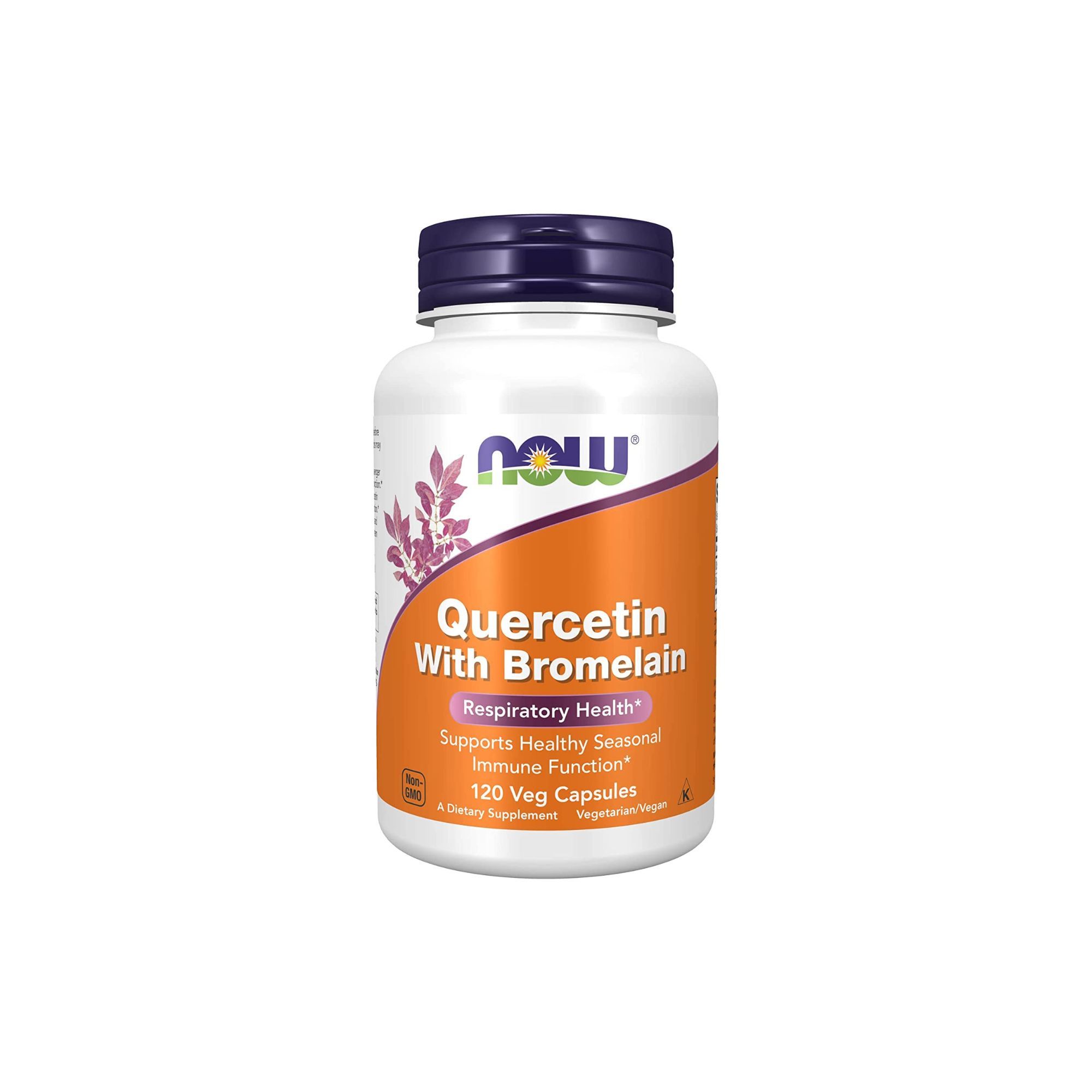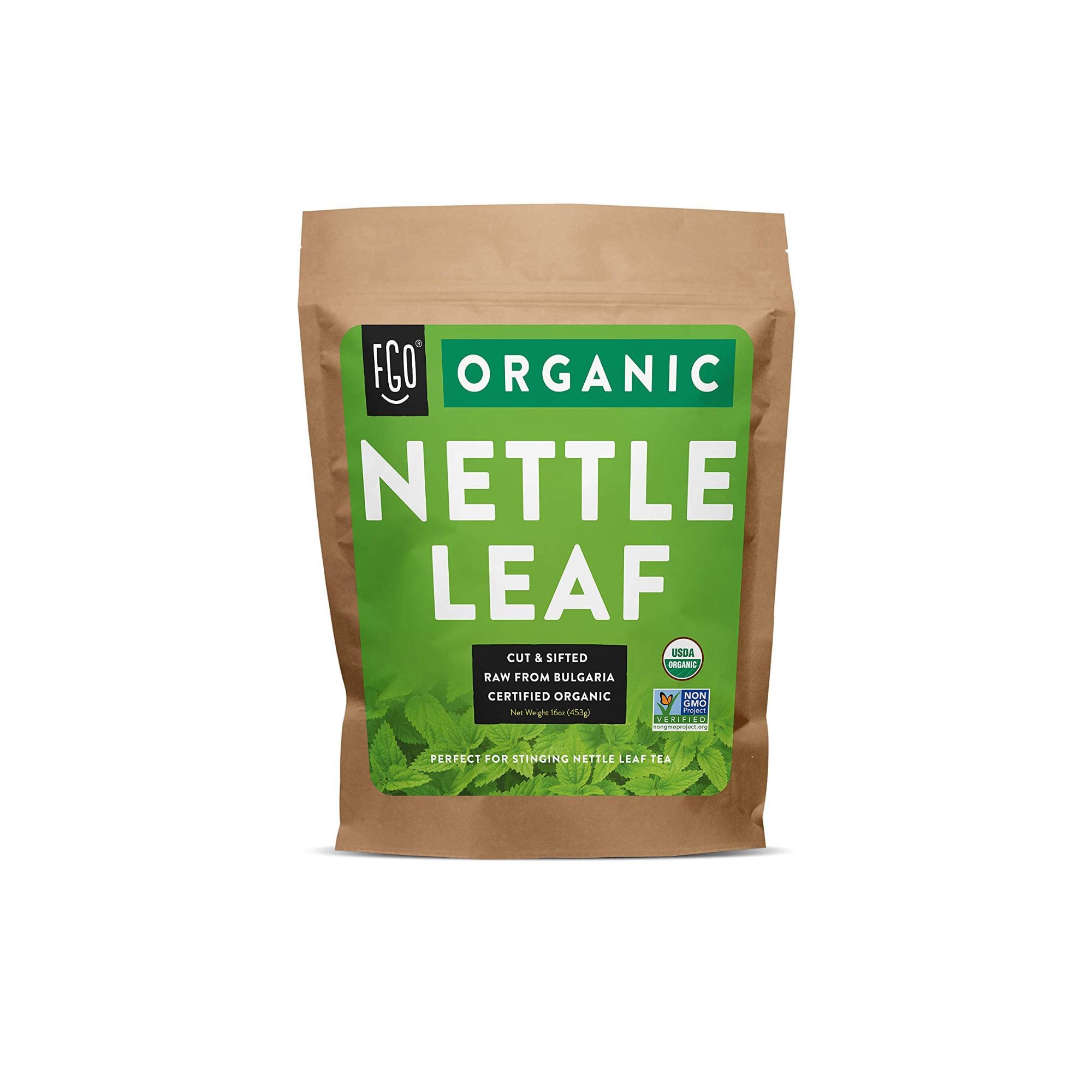Natural Remedies for Seasonal Allergies That Are Tried and Tested to Solve Allergies Symptoms
Put an end to sneezing and running nose with remedies that have been tried and tested. From herbs to home remedies that provide allergies relief.
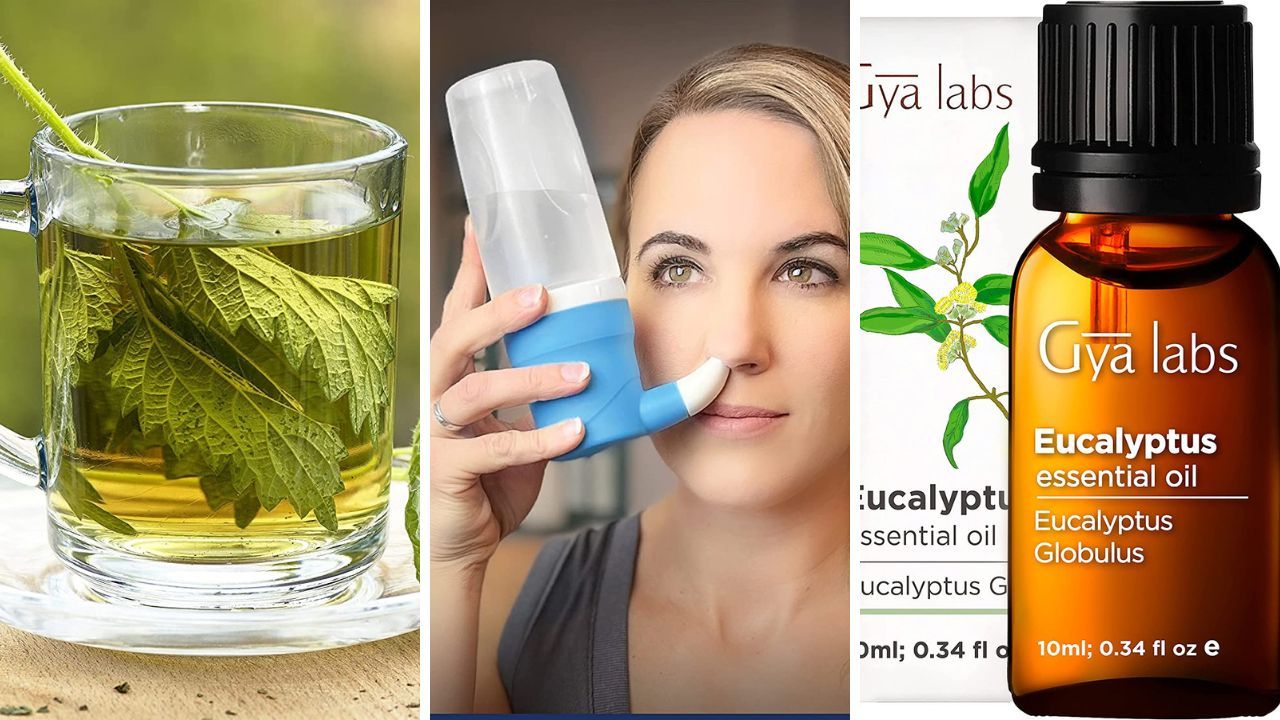
If you're prone to seasonal allergies, springtime can also be a frustrating one if you're suffering from sneezing and stuffiness. It starts with tree pollen, moves to grasses, eventually ragweeds, and finally moldy leaves in autumn.
Surprisingly, seasonal allergies are largely an industrialized world problem, but there are strong correlations between them and our overly clean lifestyles and overuse of antibiotics. Vitamin D deficiency is also a major underlying cause of allergies.
Don't let seasonal allergies get you down - there are ways to fight back! Eating a healthy anti-inflammatory diet and adding in fermented foods like kimchee and sauerkraut can help make you less reactive to allergens. Plus, that's got to be better than taking medicine all the time! To avoid any food-induced allergies, stay away from wheat and dairy - they may help you become more tolerant to environmental allergens and make your allergies less of a pain!
Seasonal allergies can be a major nuisance, causing uncomfortable symptoms like sneezing, congestion, and itchy eyes. If you’re looking for simple and natural ways to ease your seasonal allergy symptoms, you’ve come to the right place. Here you’ll natural remedies that can help you find relief from seasonal allergies without relying on over-the-counter or prescription medications.
We independently research, review and recommend what we think are the best products that meet your needs. If you buy a product through one of our retail links, we may earn a small affiliate commission at no cost to you.
Natural healers have been using quercetin for ages since it's said to block histamine and fight allergies. You can find it in broccoli, cauliflowers, green tea and oranges.
Quercetin is rapidly becoming an all-star in virus protection! Not only that, but it has antihistamine property too. Studies have revealed how this fantastic supplement can provide relief from bronchial and nasal blockage, making it an ideal way to tackle allergies.
Quercetin stops mast cells from getting overreacting, relaxes your airways, and fights allergic reactions deep within lung cells. Plus, it can help keep inflammation in check and even treat autoimmune diseases!
If you want to get the most out of your quercetin supplement, look for one with gamma cyclodextrin because it helps make the fat-soluble nutrients easier for your body to digest. Without it, the quercetin won't do you much good!
It only takes one whiff of eucalyptus essential oil to get your nose feeling relieved! It's a powerful decongestant for sinus and stuffy nose, plus it can thin mucus and also keep nasal passages moist. So don't forget to get some eucalyptus if you want a natural remedy that works!
With its power, eucalyptus oil can get those cilia doin' the moves in your lungs and nasal passages. The cilia, which look like tiny fingers, can sweep away debris to keep your lungs clean and squeaky-green!
This magical oil has been in use for centuries, helping clear nasal congestion and staving off bacteria. Also, it even works to keep laundry smelling fresh and free from allergens.
A neti pot is an awesome way to get rid of the pollen that causes red eyes and a runny nose known as hay fever. A 2012 review showed that saline nasal washes can help both grown-ups and kids with hay fever.
If you need a quick and natural decongestant, look no further than nasal irrigation! Not only does it help with allergies and sinus pressure, but it has been around for centuries in Ayurvedic medicine. But make sure to use only sterilized water and don't overdo it!
Butterbur is the super-herb of Asia, Europe and North America - it helps you fight migraines and hay fever, also known as allergic rhinitis.Butterbur is a great alternative to over-the-counter oral antihistamines when it comes to relieving allergy symptoms like itchy eyes.
Just be aware that, like any medication, it may cause some undesirable side effects such as nausea, vomiting, diarrhea, abdominal pain, headache and dizziness. Butterbur extracts may cause allergic reactions in people who are sensitive to ragweed, chrysanthemums, marigolds, and daisies.
Bromelain is a natural enzyme found in papaya, pineapple, and some other fruits. Bromelain is considered to be effective at improving lung function by reducing swelling.
A tried and true natural remedy for swelling and inflammation is bromelain! Studies have shown that it does a great job at reducing allergy symptoms and swelling in mice. So if you've had sinus or an injury, bromelain is definitely worth a try!
Natural healers have sworn by stinging nettles for years - and they're right! This herbal remedy acts as a natural antihistamine by containing a powerful inflammatory compound called histamine. For even better results, freeze-dried nettle is an effective treatment when it comes to your pesky allergies.
While the effects from nettles fresh-plant tinctures are undeniable, it's still not strong enough to guarantee daily use. According to anecdotal evidence, herbalists report immediate symptom relief with nettles fresh-plant tinctures.
Harvest the plant young and you'll have the best results. Mix it with goldenrod and horsetail tinctures for an improved blend. According to herbalists, nettle tea is great for beating seasonal allergies but they usually recommend drinking it regularly for general health support.
Frequently Asked Questions
Does apple cider vinegar help with allergies?
Some people are convinced that Apple Cider Vinegar can bolster your immunity, break apart mucus, and get the lymphatic system working. Pro tip: Mix two tablespoons of ACV with water and lemon juice 3 times daily keep allergies at bay.
What is the best vitamin for allergies?
Vitamin C is like a miracle supplement for allergy sufferers. Forget Sudafed & Benadryl, Vitamin C not only tackles current allergy issues but can even prevent flare-ups in the future.
What vitamin is a natural antihistamine?
If you suffer from allergies, make sure you load up on Vitamin C! This vitamin can work like a natural antihistamine by hindering the amount of histamine your body produces. So, a few extra oranges could help calm down mild allergy symptoms like sneezing, congestion, runny nose and watery eyes.
Can allergies be cured naturally?
There are some natural remedies that can help alleviate the allergies symptoms. From getting your heart rate up with exercise, to clearing your sinuses through nasal irrigation and taking herbal supplements - there's a lot of options to explore!
What is a natural treatment for allergies and sinus?
Allergy season can be a pain, but essential oils can be your go-to for relief. For best results, choose menthol-based oils like peppermint, spearmint and eucalyptus and breathe a sigh of relief!
What is a natural antihistamine for allergies?
If you suffer from seasonal allergies, natural solutions like stinging nettle, vitamin C, quercetin and butterbur can be great for controlling your symptoms. If you're feeling especially adventurous, try acupuncture and nasal irrigation or simply break a sweat to manage your allergies. And don't forget to include probiotics in your diet!
What is the root cause of allergies?
Allergies are the result of your body's defense mechanism- gone wrong. It sees something harmless, like pet fur or food, and decides to launch a full attack. To make matters worse, your immune system produces antibodies to combat the perceived threat- causing uncomfortable symptoms!
Natural remedy for allergies
Allergy relief doesn't have to be medication! Natural remedies can soothe your immune system, help with healing and remove allergen triggers. Plus, unlike medications you don't have to worry about harsh side effects. Of course, some allergies are still hard to avoid.
Potential adverse effects using home remedies for allergies
Don't try to use home remedies for anaphylaxis, Symptom includes wheezing, difficulty breathing, vomiting, hives and swelling.
Not all essential oils are created equal, so you gotta use them with caution. Apparently, the FDA doesn't really regulate purity, quality and packaging of these oils. So if you want to play it safe, make sure you buy good quality products and use them accordingly.
There’s some evidence suggesting that home remedies for allergies may be effective, but it's always a good idea to get your doctor's approval first. Make sure you get a full checkup and stick to their recommendations. With the help of these remedies, you can enjoy the season without the sneezing and sniffling.
